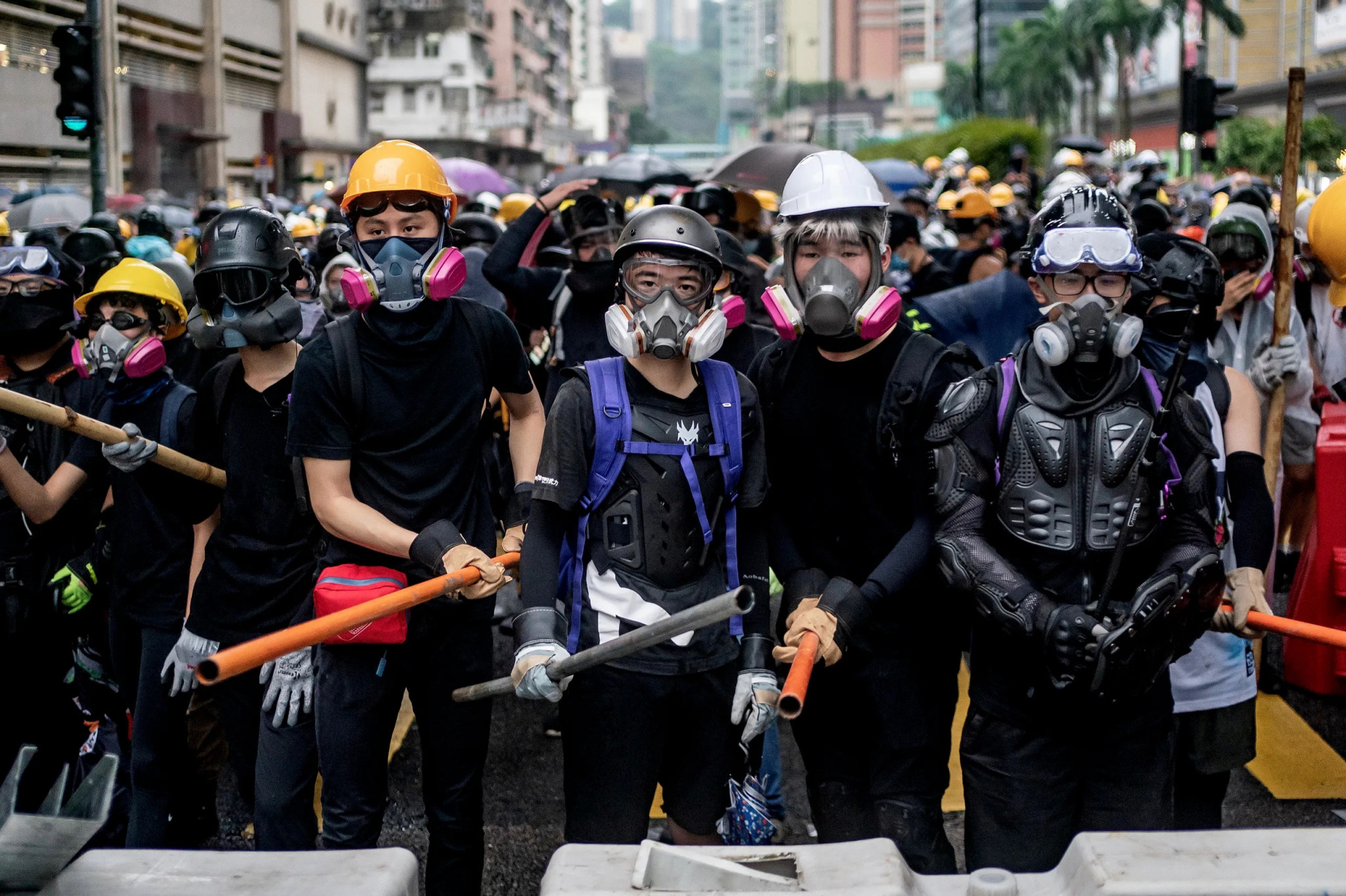
- Teacher
Kanako Kuramitsu



Objectives
Students will gain knowledge of the historical development in East Asia and its Confucian tradition that has dictated gender roles and structural influences since modernity throughout contemporary times. Students will develop skills to apply comparative perspectives on gender-related issues in East Asia. Reflecting on the growing need to address sustainable development, gender equality, peace, and justice, students will learn to apply key concepts of social sciences to discuss contemporary East Asian challenges, such as women's movements, gender inequality, LGBTQ+ issues, aging society, and low fertility.

Objectives
Students will learn critical thinking and develop their academic English writing skills, social scientific argumentation, ability to reach independent conclusions and defend them, as well as presentation skills. They acquire the necessary skills to use the UTU library resources in an efficient and effective way. Students also know about the expectations, ethical aspects and requirements for solid research. Students will have built a solid foundation for their independent Thesis work by internalising the principles of social science research. These skills are necessary to accomplish a Master’s thesis. As transferable skills students will learn how to manage a project, maintain records, work independently, present and speak in front of an audience, and how to convey complex information to audiences. Moreover, students will acquire problem solving skills and interpersonal skills when providing and receiving constructive feedback both orally and in written form


Objectives
Students learn about the origins of and the recent developments in sustainability thinking in general, and about its applications in East Asian nations in particular.

Objectives
Students will be able to analyse Japanese politics, its policy process and its outcomes by looking at various current issues. Students will learn to conceptualize and contextualize the recent developments of the Japanese state and society and their relationship by focusing special attention on issues of citizenship and civic action, political communication, media attention, as well and Japan’s position as a member of the international community. Students will learn to discern undercurrents of construction of social problems, social trust, communication patterns and identity politics in several problem areas.
Students will learn to critically assess information from various sources, including the news media. Students will learn to participate in scientific discourse, and to use multiple academic sources to construct an argument.


Objectives
This online course will enable students to understand and analyse Taiwan, one of the most complex and contentious places in East Asia. By the end of the course, students will be familiar with the key aspects of contemporary Taiwanese society and politics, including Taiwan’s national identity debates, its contested relationship with the Chinese mainland, and its socio-cultural mix of Indigenous, Chinese, Western, and Japanese influences. By introducing the main dynamics of Taiwan’s socio-political situation, this course provides a valuable complement to other courses on China and the East Asian region.

This MA thesis course is destined to exchange students who will work on their MA thesis in the international master programme EC2U
The function should be matching the UTUgradu purposes and basically be similar to:
Thesis Turnitin EdLearn OKL Koen Veermans
https://moodle.utu.fi/course/view.php?id=14074
The course is designed to
- enhance students’ understanding of social functions of education
- develop students’ knowledge on major sociological concepts, theories and methodologies
- familiarise students with analyses on global and local relationships in educational policy
- advance students’ skills in deploying and contesting standard concepts of sociology of education
EdLearn-maisteriohjelman kurssi tutkinto- ja vaihto-opiskelijoille.
The course aims to provide an overview of the main theories related to the cognitive
development of children.
Learning goals:
The workshop discusses current developments
impacting education in late modern societies. It has become common-sense to
post-industrial, knowledge-based societies to emphasize the role and importance
of education and knowledge in maintaining welfare and wealth standards,
harnessing innovation, and securing economic growth. This emphasis on the
functions of education for society, and principally, for the economy has led to
substantial transformations in the education sector. These transformations are
interconnected, yet we can distinguish three of the most significant changes
(1) by focusing on the role education plays in imagining and shaping the
future, (2) by attending to the shifts in the governance of education in
achieving the goals set, and (3) by analyzing the modes and consequences of
dominant strategies to farm education, both by states and non-state actors.
Objectives
Through lectures, engaging seminars, and reading material the participants deepen their understanding on multicultural education theory, inclusion and equity. In the course sustainable development is addressed through UNESCO's Sustainable Development Goal (SDG) 4 on Quality Education as the main topics of this course focus on inclusive and equitable education.
By the end of this course students have a deeper understanding of themselves and others as cultural agents and are familiar with: a) key characteristics of multicultural education theory, b) the effect of issues of power, privilege, bias and social status on education processes, and c) tools which can be implemented for developing supportive and inclusive education communities.

Edusteps on Hyvän kasvun avaimet-tutkimushankkeen alaryhmä, jonka tarkoituksena on laatia varhaiskasvatusta, perhettä ja lasta koskevan kasvatustieteellisen tutkimuksen tutkimustehtäviä ja -kysymyksiä ao. hankkeeseen
Objectives
-to be able to successfully practice academic and professional writing
-to engage in scientific discourse in order to be able to write academic texts, e.g. master's theses
-to be critical readers of academic texts
-to be able to receive and provide feedback on written feedback of academic texts
-to have a positive and productive attitude towards academic writing
Objectives
Students:
- can review scientific articles from a methodological perspective
- can recognize similarities and dissimilarities between different approaches to research
- can connect research problems, research methods and data analyses and identify potential strengths and weaknesses
- can demonstrate this in a critical review of a research article
The course aims to develop students’ general scientific literacy.
Objectives
Students:
- can connect relevant scientific literature in to research project ideas
- can collaboratively design and implement a small scale research project taking ethical and data management considerations into account
- can reflect on collaborative work and formulate insights that will benefit their professional identity